Canada to Recognize Palestinian State in September if Conditions Met, Joins International Push for Two-State Solution
Canada will recognize a Palestinian state at the UN in September if democratic reforms are met, joining a growing international movement led by France and the UK to support a two-state solution.
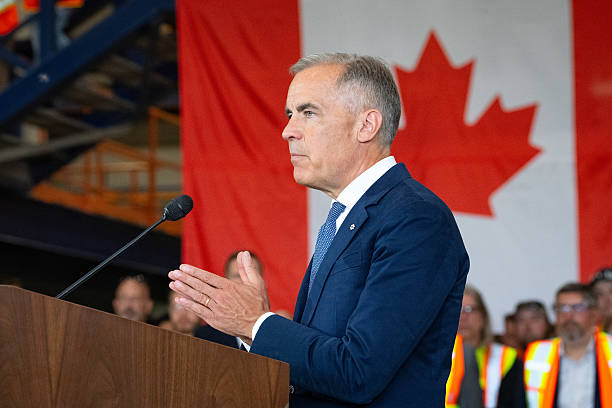 Prime Minister Mark Carney Holds News Conference
Prime Minister Mark Carney Holds News ConferenceCanadian Prime Minister Mark Carney announced Wednesday that Canada will formally recognize the state of Palestine during the United Nations General Assembly in September, provided specific conditions are met, following similar declarations by France and the United Kingdom and growing international momentum toward recognition.
Carney’s announcement came shortly after France and 14 other nations co-signed the “New York Call,” a declaration issued by French Foreign Minister Jean-Noël Barrot that outlines growing international support for Palestinian statehood. The statement, released ahead of the conclusion of a three-day UN conference focused on reviving the two-state solution, reaffirmed a collective commitment to the vision of “two democratic states, Israel and Palestine, living side by side in peace within secure and recognised borders.”

Among the signatories to the declaration were countries that have not yet formally recognized Palestine, including Andorra, Australia, Canada, Finland, Luxembourg, New Zealand, Portugal, and San Marino. Nations that have already recognized Palestine, such as Iceland, Ireland, Malta, Norway, Slovenia, and Spain, were also signatories. French President Emmanuel Macron stated last week that France would move forward with recognition in the near future.
Carney said Canada’s recognition would be contingent on the Palestinian Authority, which governs the occupied West Bank, holding democratic elections in 2026 in which Hamas would play no role, as well as implementing additional democratic reforms. He also called for the immediate release of all hostages held by Hamas, the group’s disarmament, and its exclusion from future Palestinian governance.
Speaking Wednesday evening following a virtual Cabinet meeting on the Middle East, Carney emphasized Canada’s readiness to support Palestinian statehood if these conditions are met.
In response, Iddo Moed, Israel’s ambassador to Canada, condemned the move, stating, “We will not bow to the distorted campaign of international pressure against it. We will not sacrifice our very existence by permitting the imposition of a jihadist state on our ancestral homeland that seeks our annihilation,” referring to Hamas, which took control of Gaza in 2007.
The wave of recognitions comes amid intensifying pressure on Israel to end its military campaign in Gaza. The conflict began in October 2023 following a Hamas raid that resulted in the deaths of 1,200 people, primarily Israelis, and the abduction of more than 250 individuals. According to the Hamas-led Health Ministry in Gaza, over 60,000 Palestinians have been killed since the war began. The ministry is widely regarded by international organizations as the most reliable source for casualty data.
British Prime Minister Keir Starmer similarly announced this week that the U.K. would recognize Palestine in September unless Israel takes concrete steps toward ending the violence in Gaza, agrees to a ceasefire, and commits to reviving a two-state solution. Starmer's conditions also included allowing the resumption of U.N. aid and halting annexation in the West Bank.
U.S. President Donald Trump initially told reporters he had no issue with Starmer “taking a position,” adding, “I’m looking for getting people fed right now.” However, during a subsequent statement aboard Air Force One, Trump criticized the decision, stating, “You could make the case that you’re rewarding Hamas if you do that. I don’t think they should be rewarded. So I’m not in that camp, to be honest.”
Australian Prime Minister Anthony Albanese also signaled potential recognition of Palestinian statehood, stating on Wednesday that Australia seeks to align recognition with progress in peace negotiations. “What we’re looking at is the circumstances where recognition will advance the objective of the creation of two states,” he said. Albanese reaffirmed his lifelong support for the two-state solution and the right of both Israelis and Palestinians to peace and security.
Israel’s ambassador to the United Nations, Danny Damon, criticized the international push, saying, “While our hostages are languishing in Hamas terror tunnels in Gaza, these countries choose to engage in hollow statements instead of investing their efforts in their release. This is hypocrisy and a waste of time that legitimises terrorism and distances any chance of regional progress.”
The declaration signed by multiple countries also emphasized the need to unify Gaza and the West Bank under the Palestinian Authority as part of any future peace framework.
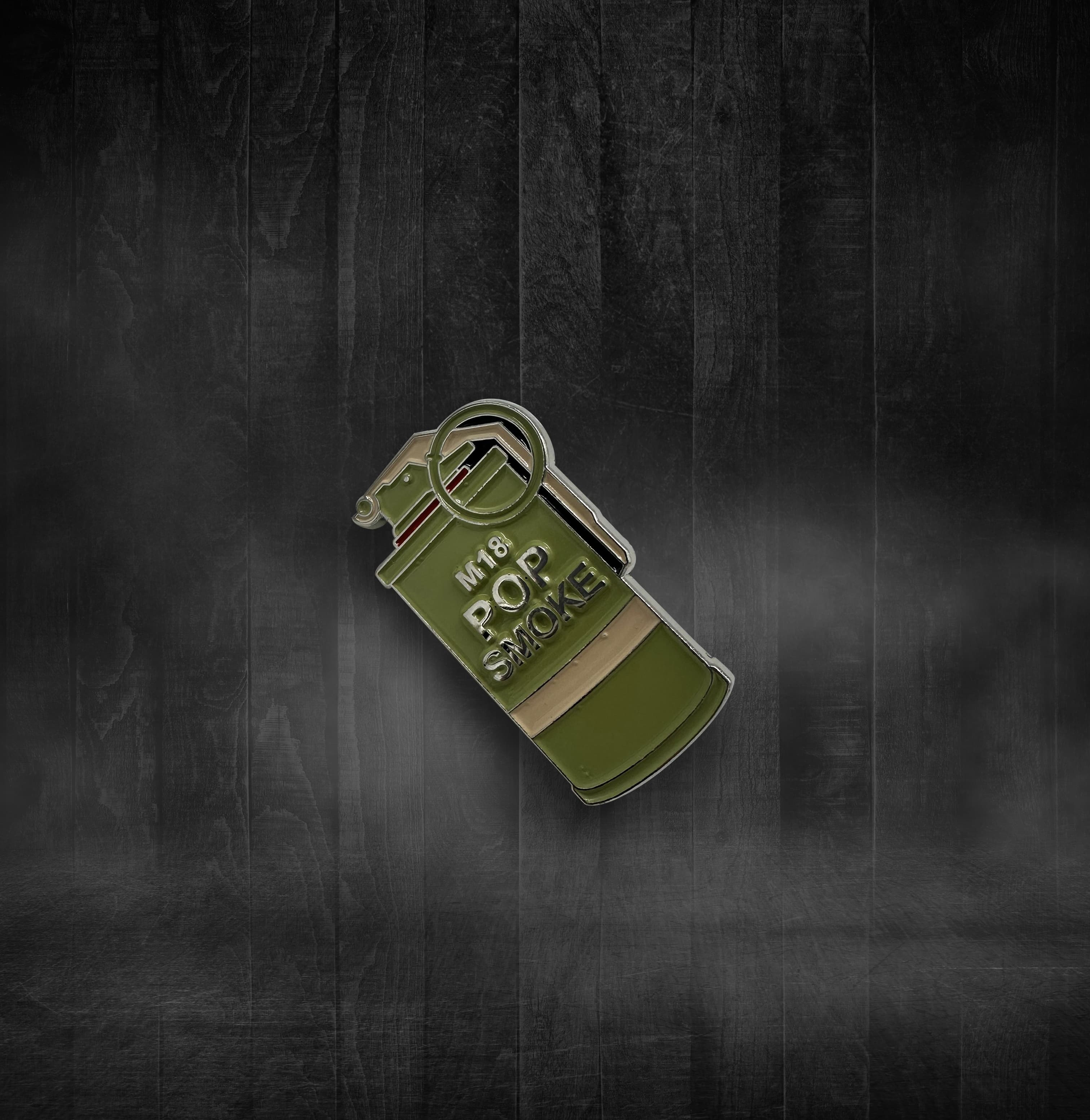











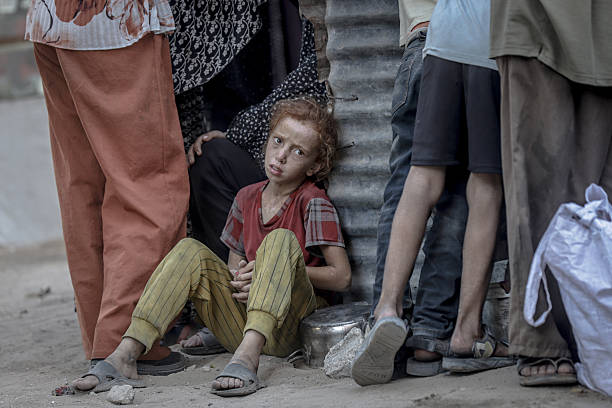
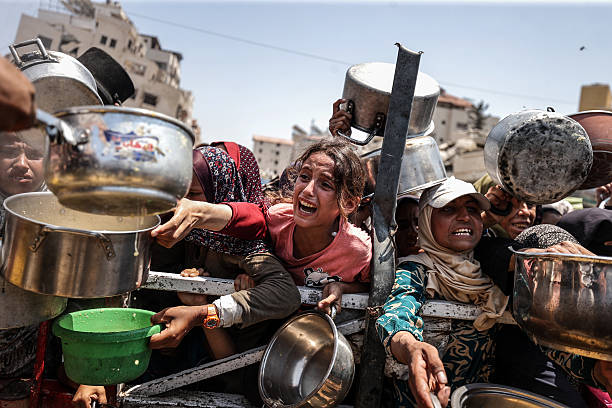

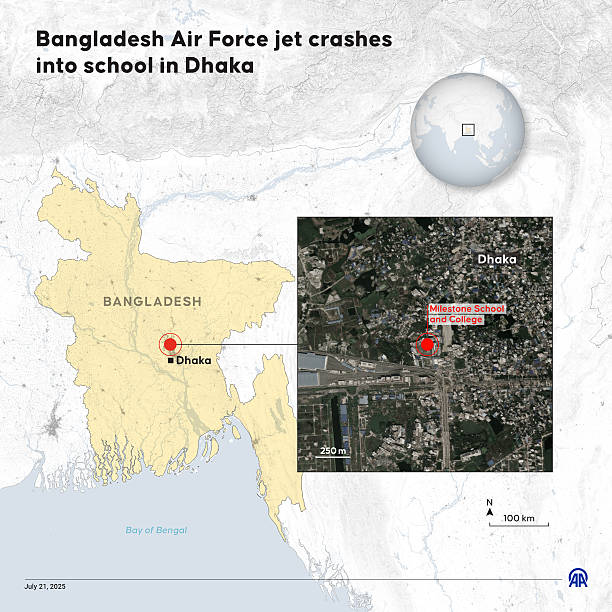
Conversation